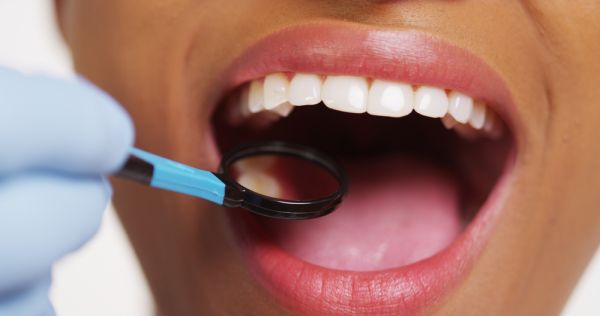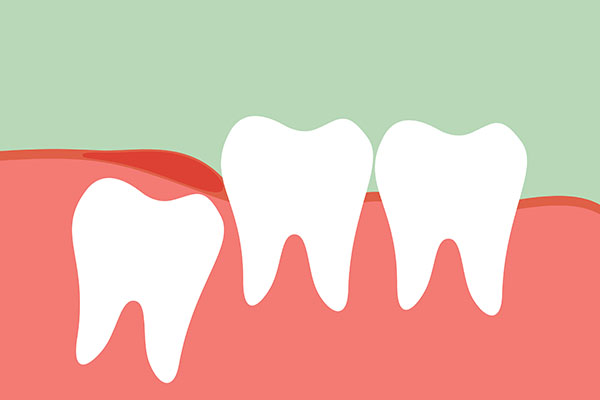Am I a Good Candidate for Dental Inlays?

If you are looking for tooth restoration options, dental inlays could be a viable solution for you. Despite all your efforts to practice good oral health, you may find out that you have a cavity or multiple cavities. In the past, your dentists have probably addressed this tooth decay with composite fillings. However, inlays are another option you should consider.
Many dental offices offer this treatment as an alternative to fillings. If you are not sure whether this method is the right choice for you, schedule an appointment and chat with a dentist today. In many ways, some patients prefer inlays. Find out whether you and your teeth could benefit by undergoing this restoration option.
Not made in the office
When dentists fill cavities, they use composite material to build up a tooth directly. An inlay is made in a laboratory and then fitted to the patient’s mouth during an in-office visit. The inlay is customized to fit the patient’s mouth after the dentist removes the decayed portion of the tooth and then takes a mold of the affected area. The inlay is made of porcelain and will come as close as possible to match the shade of the person’s tooth.
Durable and long-lasting
While dental fillings will last up to seven years, dental inlays are meant to stand up to many more years of chewing. In fact, patients should not have to replace inlays for 30 years or more. The inlays should also improve a person’s bite force as much as 75 percent. This means inlay candidates can expect to resume normal eating habits without worrying about their teeth breaking or being in pain.
Cost of dental inlays
It is important to know that inlays do require a larger financial commitment than fillings. Total prices will vary depending on the number of affected teeth and the severity of the decay. This amount can be more than the cost of a crown but less than what one would pay for implants. Most dental insurance plans will cover this method of restoration.
When they are used
A dentist will not likely employ the use of inlays unless there is significant tooth decay. For more minor issues, the dentist will use fillings to correct the problem. On the other hand, crowns are a more effective solution for the most severe decay that is beyond that which fillings or inlays can repair. The dentist will decide which treatment makes the most sense for each patient’s needs.
Conclusion
As you take a look at dental inlays and how they work and are used, you will be able to make a comfortable decision. If you have a large cavity and want long-term relief, this treatment could be the right choice. You may also be a good candidate for inlays if a higher cost is not a concern. Speak to your dentist today and set up an appointment to address other questions you may have about inlays.
Are you considering dental inlays in the Red Bluff area? Get more information at https://www.drelloway.com.
Check out what others are saying about our services on Yelp: Read our Yelp reviews.
Related Posts
Your third molars are your wisdom teeth. These teeth appear between 14 and 30 years old. Your mouth is not big enough to have two third molars on the upper jaw and another two on the lower jaw. This results in third molars growing in incorrect positions. Infection is a common outcome of wisdom teeth.…
People often have wisdom teeth extraction performed when these teeth come in behind the second molars of the upper and lower jaw. Wisdom teeth appear between the ages of 17-25 and may crowd the other teeth, causing pain and possibly changing the bite of the teeth. Those who undergo an extraction often have questions about…
There are numerous reasons why dental professionals recommend wisdom teeth extraction, and one is to prevent teeth misalignment. Wisdom teeth are the third molars located in the lower and upper parts of the jaw, behind the other molars on both sides. The teeth generally appear years after the other permanent teeth have come up. In…
If your wisdom teeth have begun to emerge, it is time to speak to your dentist. When these teeth are impacted, they can have some serious effects on your oral health. It is important for you to understand the risks these teeth pose and the steps you should take. Your dentist can walk you through…


